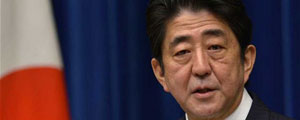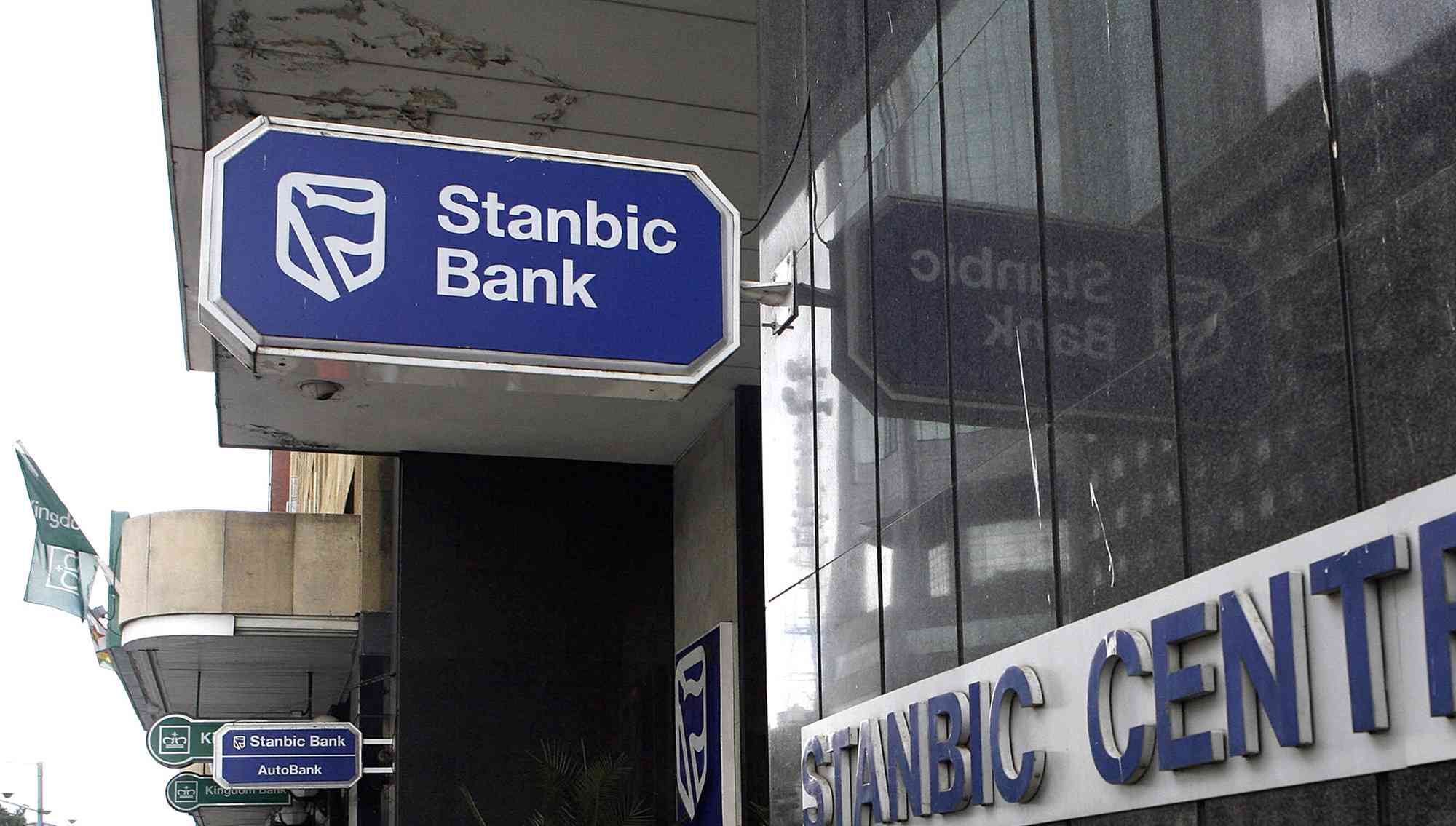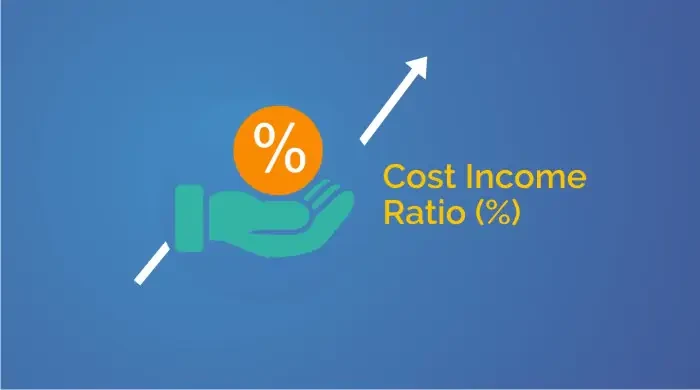
T0KYO — The Bank of Japan vowed yesterday to take necessary steps to reduce volatility in bond markets that has threatened to jeopardise the government’s fight to end deflation and revive growth.
Reuters
The central bank upgraded its assessment of the economy for a fifth straight month, saying it “has started picking up,” as Prime Minister Shinzo Abe’s policy prescription of aggressive fiscal and monetary stimulus has boosted sentiment and a weaker yen has halted a decline in exports.
As expected, the policy board voted unanimously to stick with April’s massive quantitative easing, in which it pledged to vanquish 15 years of entrenched deflation by doubling its Japanese government-bond holdings in two years as it expands the supply of money at an annual pace of 60 trillion ($583 billion) to 70 trillion yen.
While the government’s aggressive policies have sent stocks soaring to 5-1/2-year highs and the yen tumbling to a 4-1/2-year low against the dollar, turmoil in the Japanese government-bond market in recent weeks has cast a cloud over the effectiveness of the BOJ’s easing, a key element of “Abenomics” that is showing early signs of lifting the world’s third-largest economy from a two-decade funk.
BOJ Governor Haruhiko Kuroda vowed to take steps needed to reduce volatility in the JGB market, but he disappointed some bond investors by sticking with the strategy of leaving it to BOJ bureaucrats to address the problem by tweaking the bank’s market operations.
Indeed, Kuroda played down any economic impact from the bond moves, where the benchmark yield recently had its biggest three-day spike in a decade as investors struggle to cope with the overwhelming impact of the BOJ’s radical money expansion. “I don’t think the recent rise in yields is having a big impact on the economy,” Kuroda told a news conference after a two-day BOJ policy meeting.
“We will continue to monitor market moves and respond with flexibility in the pace and maturities of bond purchases and in market operations.”
- Chamisa under fire over US$120K donation
- Mavhunga puts DeMbare into Chibuku quarterfinals
- Pension funds bet on Cabora Bassa oilfields
- Councils defy govt fire tender directive
Keep Reading
Kuroda emphasised that these adjustments would not change the BOJ’s commitment to buying about 50 trillion yen in government debt a year.
The purchases, running about 7,5 trillion yen a month, were intended to lower rates across the yield curve. But despite the BOJ buying the equivalent of 70% of new government-debt issuance, the policy has caused yields to rise erratically on worries that the purchases are distorting the market and sapping liquidity, according to some analysts.
Kuroda said the higher long-term interest rates are due partly to growing confidence in Japan’s economy, but the volatility seen since the BOJ overhauled policy last month shows how difficult it will be for the central bank to control long-term yields.
“It seems like Kuroda is essentially leaving the market as it is,” said Ayako Sera, senior market economist at Sumitomo Mitsui Trust Bank.
The recent surge in the 10-year JGB yield to a one-year high of 0,92% “does not seem to count as a leap in long-term bond yields for Kuroda,” she said.
“We still need to be wary of further rise in JGBs volatility.”
Last week, in the midst of the market turbulence, the BOJ sought to cap the spike in yields by offering to inject 2,8 trillion yen into the Tokyo money market, more than three times the size usually offered in a single day.
Kuroda indicated that the BOJ could use this tool in the future by offering funds for one year at a fixed rate to ease market jitters.
After he spoke, the central bank said it will meet with JGB-market participants on May 29 to discuss recent market moves and operations. The BOJ will use this meeting to help it decide its schedule for JGB purchases from June, a BOJ official said. Bond prices turned negative after the BOJ announcement on disappointment that the bank didn’t address the market turbulence.
Cash-bond prices later ended the day flat, with the 10-year yield at 0,880%, not far from last week’s high. Futures prices dipped slightly in evening trade on Kuroda’s remarks.











